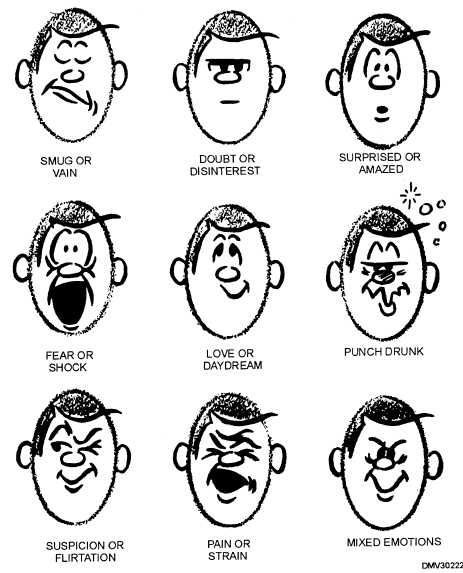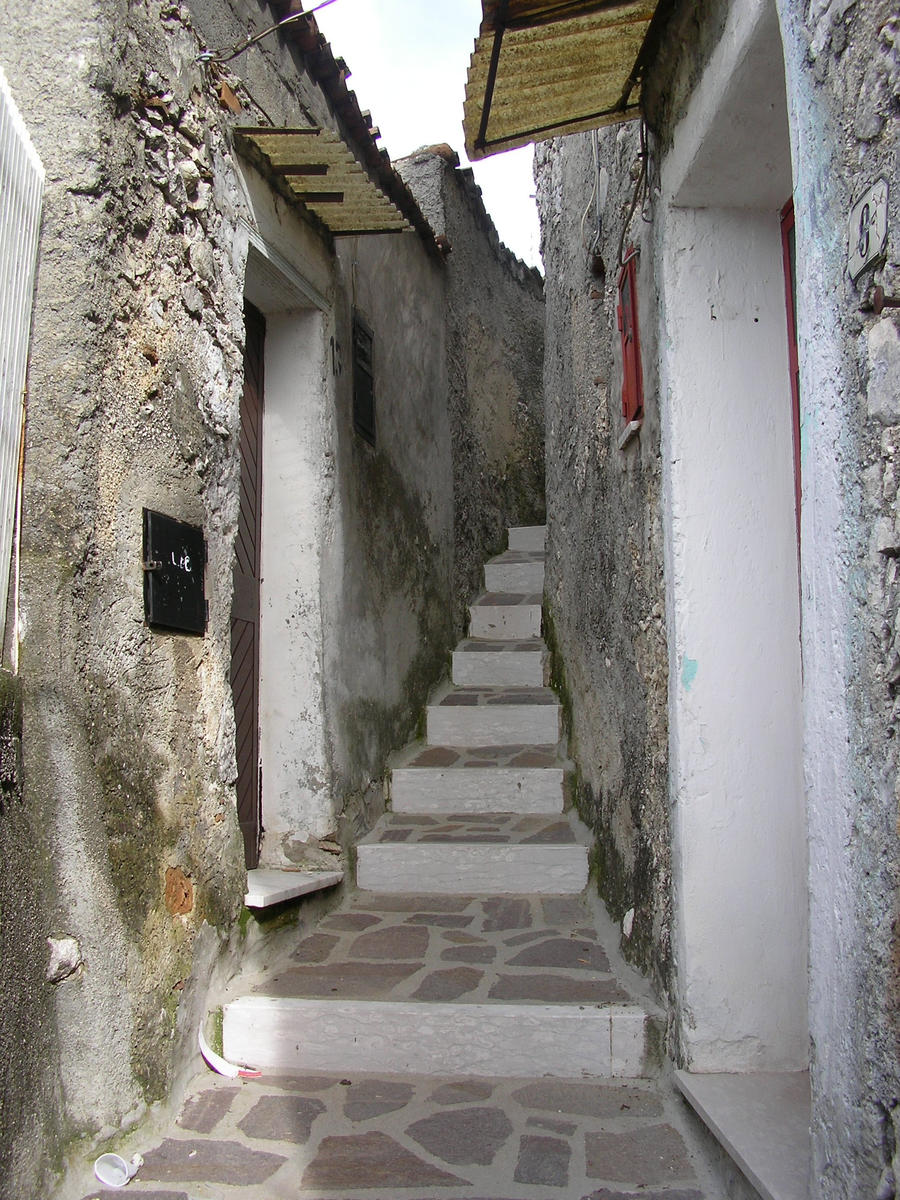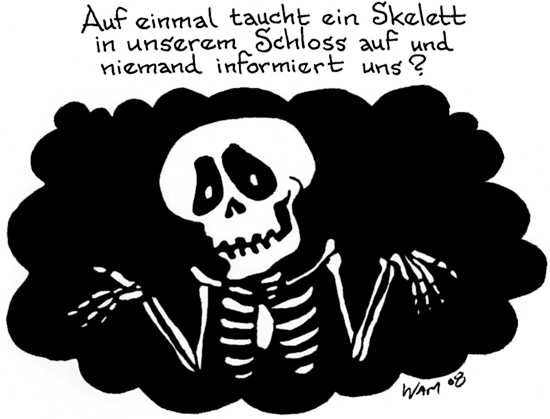Besides (preposition) means "in addition to". It precedes a noun/pronoun/gerund:
Besides working in a bookshop she looks after the garden.
Besides (conjunction) means "in addition". It usually precedes its clause, but can follow it:
I can't go to the cinema; I'm busy . Besides, I don't have any money.
Note that
moreover could replace
besides.
Also,
anyway or
in any case could be used in more informal English
Otherwise as an adverb of manner usually comes after the verb:
I must be eaten slowly. Eaten otherwise (= in a different way) it is not as good as eaten slowly.
otherwise as a conjunction means "if not/or else":
He must be ill; otherwise he would go to the party.
However can be an adverb of degree and conjuction.
As an adverb of degree,
however precedes its adjective/adverb and looks like this.
You couldn 't earn much, however hard you worked.
Therefore is a conjunction and it can be used instead of
so in formal English. It can come at the beginning of the clause or after the first word or phrase; or before the main verb:
There are many people who want to buy this paiting; you should, therefore, expect the price to be rather high.
yet and
still appear at the beginning of clauses and have different meanings:
still means something similar to "nevertheless, admitting that".
While yet means "inspite of that/all the same/nevertheless"
Though/although introduce clauses of concession.
Though/Although they're very rich, they still want more money.
Besides - além de, além disso
Moreover - além disso, além do mais
Otherwise - de outra forma, por outro lado, caso contrário
However - de qualquer modo, porém
Therefore- por isso, consequentemente
Though - embora























